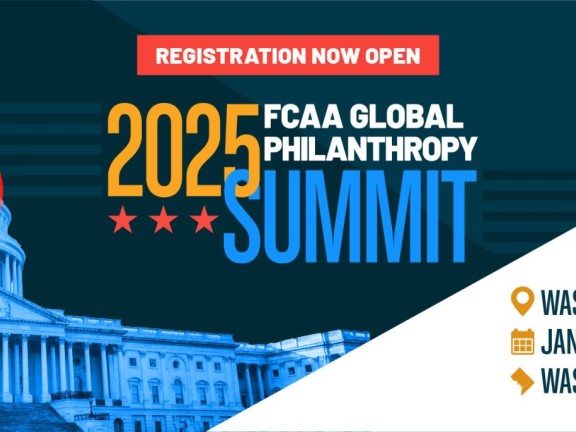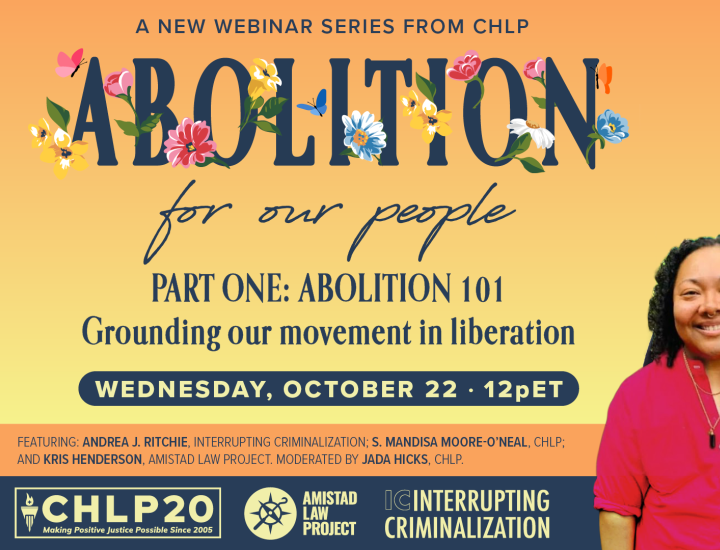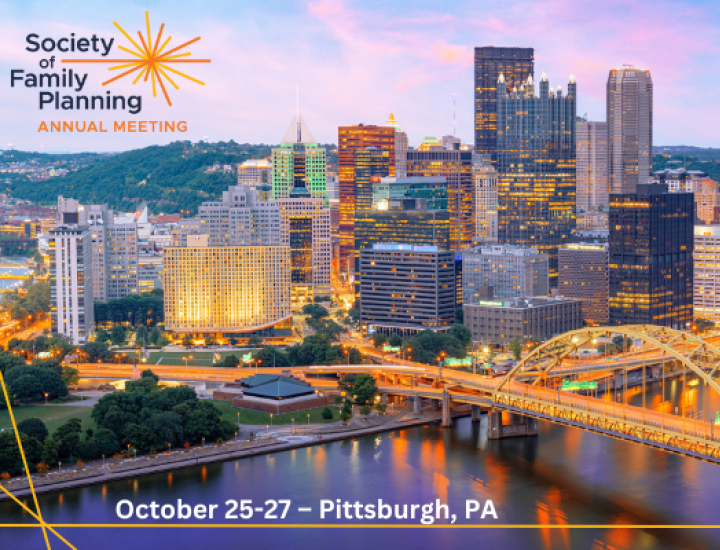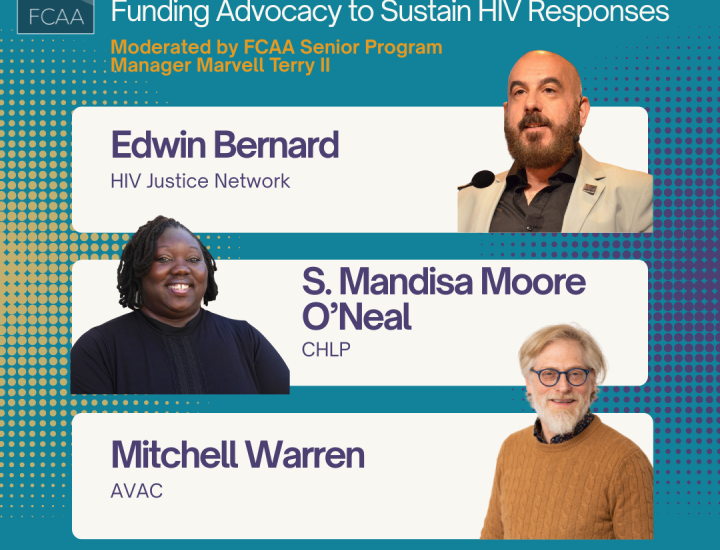2025 FCAA Global Philanthropy Summit

CHLP Executive Director S. Mandisa Moore-O'Neal is participating in two panels at the 2025 Funders Concerned About AIDS Global Philanthropy Summit. Funding in Turbulent Times: The Intersection of HIV, Health, and Human Rights will be held from January 27 - 28 in Washington, DC, bringing together 200 HIV, health, and human rights donors and activists to mobilize resources and galvanize collective action.
Criminalized Sex, Criminalized Bodies: Addressing HIV Criminalization in the U.S. Landscape
Monday, January 27, 11:45am
The United States leads the world in the felony prosecution and imprisonment of people living with HIV, hepatitis, and TB for consensual, low-risk, and no-risk behavior. Studies have consistently found that Black people, cisgender and transgender women, and sex workers are disproportionately impacted by HIV criminal laws and their enforcement. Efforts to address these challenges require strategy led by communities most impacted, collaboration across movements, and long-term investments that transcend a single policy win.
In 2022, The Center for HIV Law & Policy, AIDS United, and the Williams Institute, in partnership with Decriminalize Sex Work and Movement for Black Lives, created the Sex/Health Alliance (the Alliance) to support a robust, community-led, sustainable movement to end criminalization of consensual sex, race, sexual orientation, and gender identity in the United States. This session will share findings from formative focus groups, the Alliance’s programmatic and grantmaking model, and recommendations for other funders based on these experiences.
This session will:
- Discuss the history of HIV and other infectious disease criminal laws and their roots in homophobia, transphobia, serophobia, racism, and classism.
- Describe the needs of people affected by criminalization and advocates.
- Examine strategies the philanthropic community can leverage to support a robust movement to end such criminalization in the United States.
Panelists: S. Mandisa Moore-O’Neal, Esq., Executive Director, Center for HIV Law and Policy; Athena Cross, DrPH, Vice President & Chief Program Officer, AIDS United; Judy Yu, Senior Program Officer, Wellspring Philanthropic Fund
More info.
Resourcing a Renewed US South: A Call to End HIV Disparities and Support Regional Transformation
Tuesday, January 28, 1:00pm (Lunch Plenary)
The Southern United States is disproportionately impacted by HIV and related societal disparities. The region also holds a deep history of activism and innovative disruption. In this critical moment, how can funders support community-driven efforts to combat harmful discriminatory policies, protect critical health services, and build leadership in the face of political uncertainty and long-held systemic inequities?
During this session, southern leaders will share successes and opportunities for an HIV response that is equipped with the resources to face tangible threats to communities most impacted by HIV. Through interactive presentations, attendees will explore strategies for funding efforts in the South that are responsive to various social and political determinants of health.
Panelists: Kia Colbert, Center Director for the Emory COMPASS Center; Judith Montenegro, Program Director for the Latino Commission on AIDS; S. Mandisa Moore-O’Neal, Executive Director of CHLP; Dafina Ward, Executive Director of the Southern AIDS Coalition


